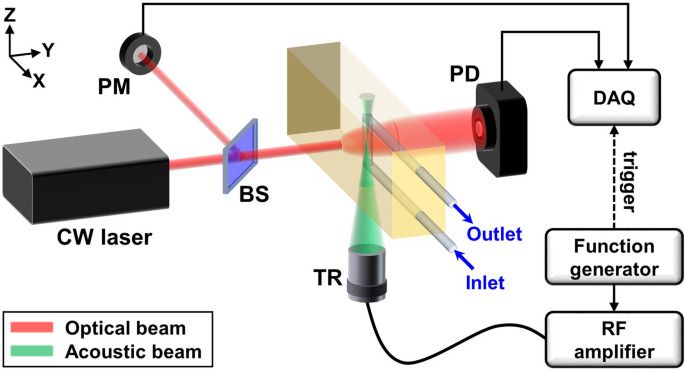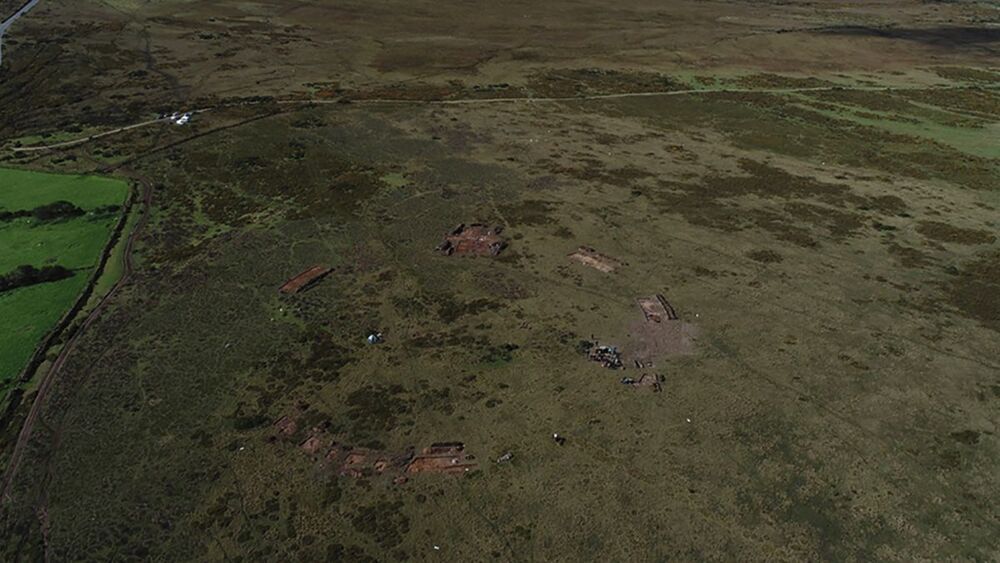Creating 3D printed masks for burn victims. These masks help prevent scarring and prepares the recipients for future surgery.
Preventing scarring, providing confidence.


😃
[img class=“aligncenter” src=“https://soranews24.com/wp-content/uploads/sites/3/2021/02/Japanese-toilet-new-technology-hologram-floating-screen-touch-coronavirus-pandemic-hygiene-Japan-Murakami-2-1.jpg?w=640″ alt=”” width=“640” height=“473” srcset=“https://soranews24.com/wp-content/uploads/sites/3/2021/02/Japanese-toilet-new-technology-hologram-floating-screen-touch-coronavirus-pandemic-hygiene-Japan-Murakami-2-1.jpg 680w, https://soranews24.com/wp-content/uploads/sites/3/2021/02/Ja…ize=150111 150w, https://soranews24.com/wp-content/uploads/sites/3/2021/02/Ja…ize=640473 640w, https://soranews24.

“The Murakami Corporation has partnered with Parity Innovations, a startup that developed a holographic display technology, the Parity Mirror, which breaks up a projected image using a series of tiny mirrors and then refocuses them into a reconstituted image that appears to float in mid-air. What the Murakami Corporation brings to the table is its infrared sensors, which are able to detect the presence of fingers without them having to make physical contact. The result is a series of glowing buttons that don’t actually exist but can still be activated by touching them.”
Japanese smart toilets already provide a luxe experience, but this high-tech upgrade will take them to the next level.

Circa 2020
Regular and frequent blood glucose monitoring is vital in managing diabetes treatment plans and preventing severe complications. Because current invasive techniques impede patient compliance and are not infection-free, many noninvasive methods have been proposed. Among them, optical methods have drawn much attention for their rich optical contrast, but their resolution is degraded in deep tissue. Here, we present an ultrasound-modulated optical sensing (UOS) technique to noninvasively monitor glucose that uses an infrared laser (1645 nm) and a single-element focused ultrasound transducer. Focused ultrasound waves can acoustically localize diffused photons in scattering media, and thus optical contrast can be represented with much enhanced spatial resolution.
Non-invasive, early detection of invasive cancers — dr. patrizia paterlini-brechot, founder, rarecells diagnostics, ISET technology.
Dr. Patrizia Paterlini-Bréchot is a tenured Professor of Cell and Molecular Biology and Oncology at Paris Descartes University and head of a research team at the French National Institute of Health and Medical Research (INSERM).
Dr. Paterlini-Bréchot studied medicine at the University of Modena and Reggio Emilia, where she specialized in hematology and oncology. In 1988 she turned her focus on research in cell and molecular biology and published over 80 research articles and reviews in national and international scientific journals.
The work of Dr. Paterlini-Bréchot led to the discovery of the ISET test (Isolation by SizE of Tumor cells) permitting the isolation and characterization of circulating tumor cells (CTCs), a type of cell that has shed into the vasculature from a primary tumor, is carried around the body in the blood circulation, and can extravasate and become seeds for the subsequent growth of additional tumors (metastases) in distant organs, a mechanism that is responsible for the vast majority of cancer-related deaths.
The ISET test also has interesting applications for the isolation of fetal cells in a mother’s body for potential use in prenatal diagnoses.

Scientists have successfully managed to wake a series of microbes that had remained “asleep” for at least 100 million years. The microbes that existed during the dinosaurs’ time have shown traces of growth in the latest studies.
A team of scientists in the US and Japan says that these prehistoric microorganisms began to grow and divide despite having entered an energy-saving state when dinosaurs were still walking on Earth.
The microbes belonged to ten different bacteria groups and were recovered from sediments mined in 2010 at the bottom of the South Pacific Gyre, one of the most deserted parts of the ocean in terms of nutrients.


We all know the benefits of saunas on our mental and physical health, indeed, I recently did a video on just that, but what about the home saunas that are available so you can get the benefits as often as you desire, without having to leave the comfort of your own home, especially relevant in the current climate and recurring lockdowns… Well I have been testing both steam and infrared varieties extensively over the last year and have put together a quick guide on the pros and cons on both types. So if you have been thinking about investing yourself, or indeed you want to know which type is best for you, why not check out this video for further information. Have an awesome day…
Having already looked at the benefits of saunas, just how do home portable saunas stack up. Are they worth the expens…
